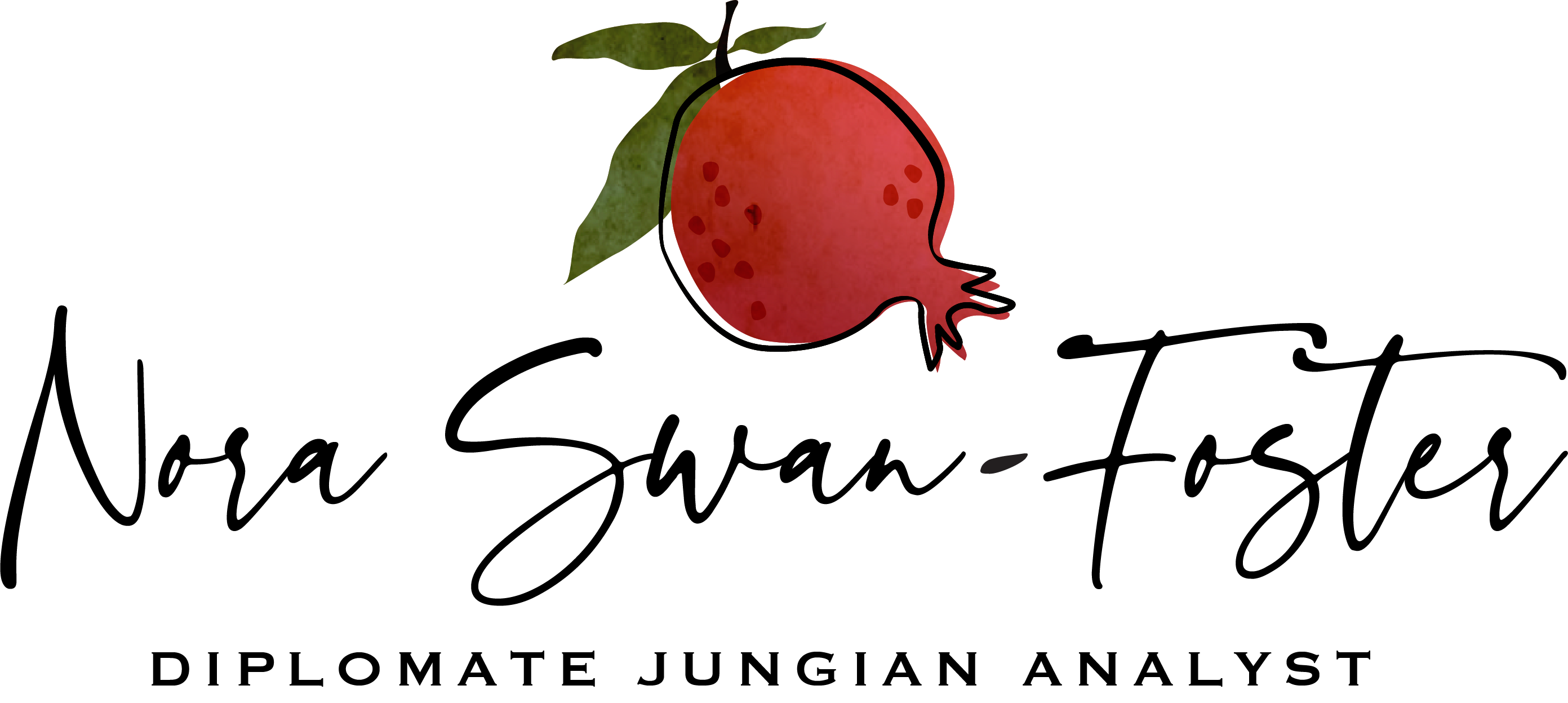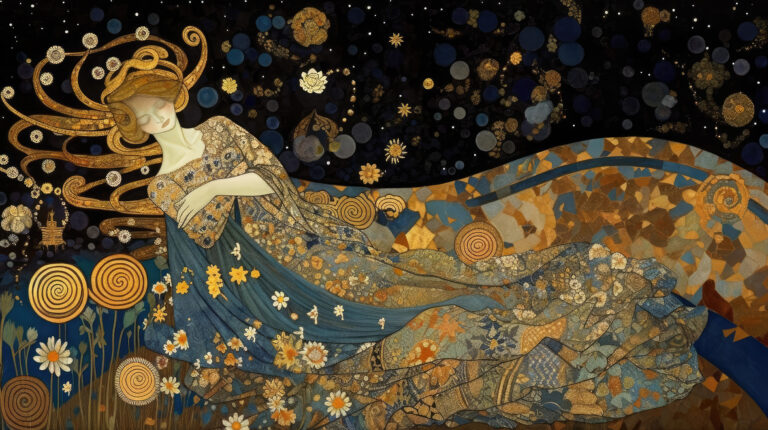Jungian Analysis
"Only what is really oneself has the power to heal."
– C.G. Jung
Jungian analysis is based on the ideas and concepts of Analytical Psychology, a theoretical model developed by Swiss psychiatrist Carl Gustav Jung (26 July 1875 – 6 June 1961). Jung developed an understanding of the psyche that values both the personal and the collective unconscious through dreams, images, archetypes, and symbols. Complexes and individuation are just two central concepts of Analytical psychology. The symbolic nature of the psyche cultivates a meaningful inner experience that becomes known to us through dreams, active imagination, images or art. Through this work, Jung was convinced of the innate healing nature available to us through our own psyche.
Psychoanalysis is not focused on fitting you into a label or treatment plan, using techniques or resolving goals. Instead, Jungian analysis listens for the deeper layers of your inner world, exploring what is between, behind or underneath your feelings, thoughts and behaviors. Those spaces are what we become curious about because in most other spaces in our daily life they are overlooked or invisible.
Jungian analysis requires that we follow the psyche, meaning that we attend to the inner material, or unconscious manifestations, that invite us into a meaningful conversation. Tremendous value is placed on spontaneity and creativity while at the same time there is a faithful listening to the unbidden and inexpressible feelings and experiences of the moment. Becoming intimate with our inner world ultimately serves to expand our psychological wholeness and stitch us back into humanity. Within a trusting therapeutic relationship, we bring new ears and eyes to our life out of which change and healing will most certainly emerge.

